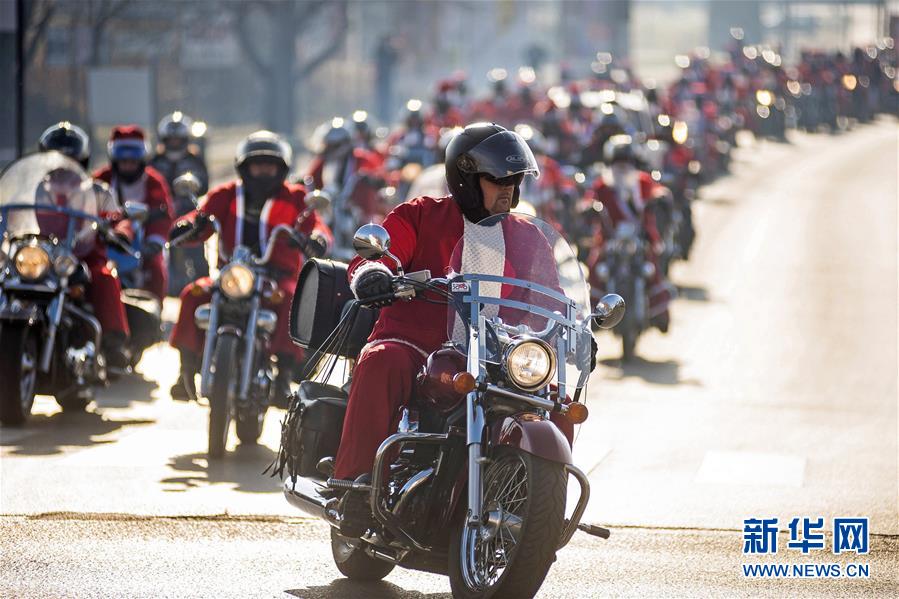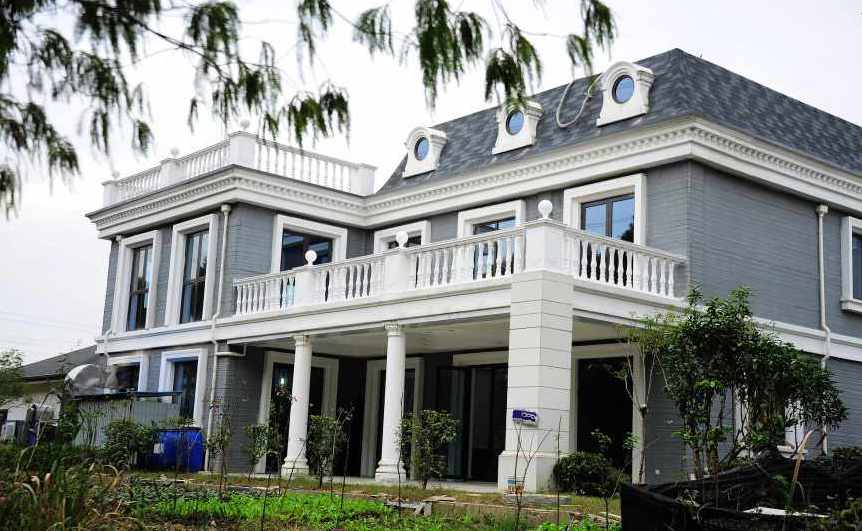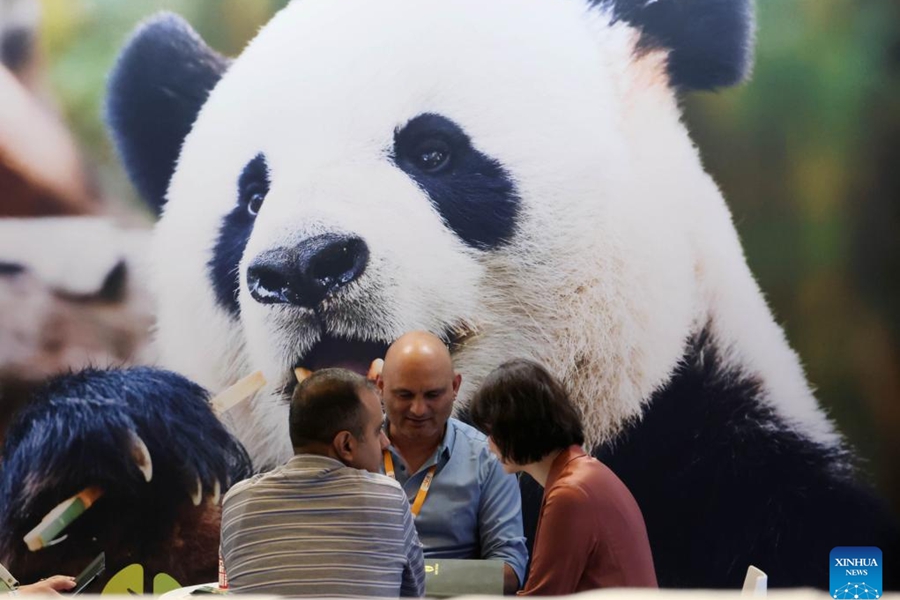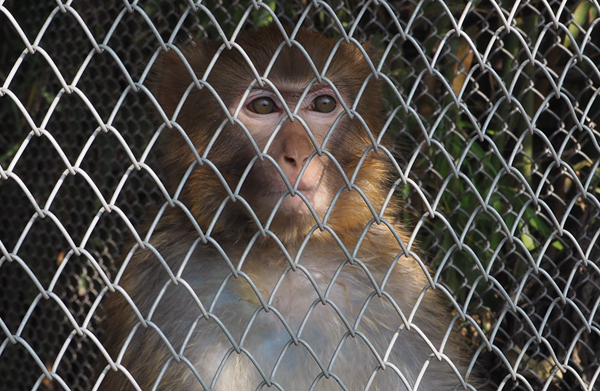
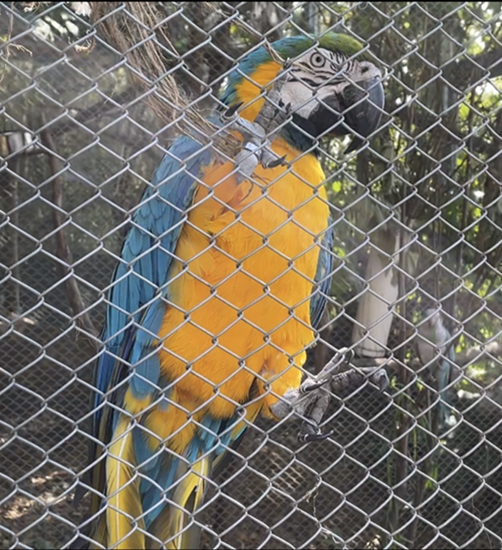
Nanjing Hongshan Forest Zoo is not only a great destination to meet kinds of animals but also a rescue center for wildlife, such as macaques and leopard cats abandoned by their owners or an Aldabra giant tortoise, victim of animal smuggling.
A lone macaque was sent to the center on November 19, but it will be hard for it to live in the zoo’s Monkey Hill zone, according to caretaker Chen Yuelong.
Chen said monkeys actually have a strict hierarchy to reject any outsider. For example, a new member needs to help groom other monkeys, allow others to enjoy food first, and restrict its movement at the edge of territory, so these “social rules” are too complex for this macaque and it may get mauled and live a miserable life if putting in the zone, Chen added.
Bai Yali, head of publicity at the zoo, said animals like cats and dogs have been domesticated for thousands of years so they can be close to people, but wild animals like macaques cannot be tamed and they simply can’t become pets.
Unfortunately, this macaque was kept with people from a very young age so it’s hard for it to join other groups and have to become solitary.
Also in the rescue center is two European badgers (Meles meles), which were less than a palm size and estimated to be around one week old when they were sent here in July. Caretakers fed them about eight times a day and were very happy to see them alive and healthy.
For keepers, the tricky thing is to help the animals preserve their propensities, and prevent them from getting close to human, because such reliance on people can be dangerous or deadly once they are released to the wild.
Bai said ecological civilization and biodiversity should be taken into consideration in urban planning. In building residential communities, some of the original flora and water areas should be preserved as they are part of an ecosystem necessary for insects, small animals and birds to survive and thrive.
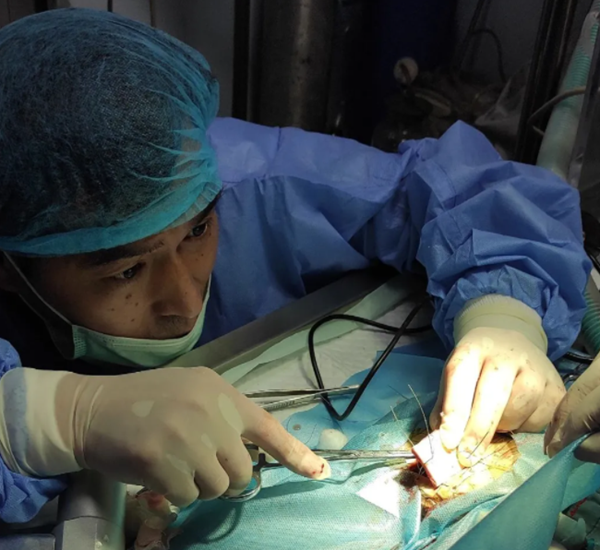
(Photo/Wang Hongwei)
Thanks to the team led by Deng Changlin, head of the vet clinic at the zoo, up to 60% of rescued animals are finally released to the wild, a remarkable achievement among all the zoos in China.
At the zoo, Deng was the first to perform the laparoscopic surgery on an Aldabra giant tortoise as the animal was found in an X-ray examination to have swallowed rocks and nails. The surgery left a 5cm scar but saved the tortoise’s life.
According to Deng, there is no distinction between rare and common species, and every life should be respected and cherished.


